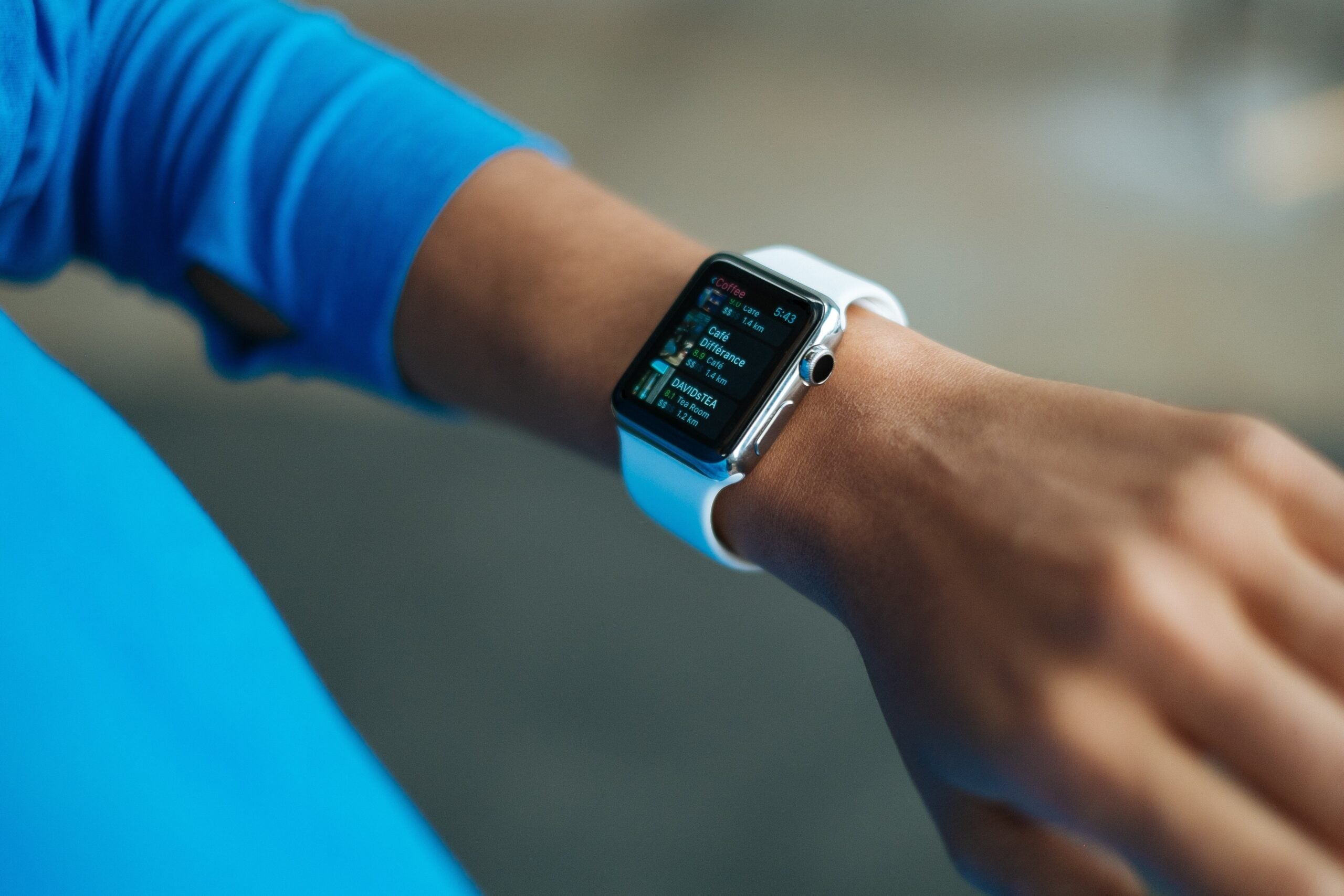Augusta University’s new Biomedical Systems Engineering (BMSE) program, approved by the University System of Georgia Board of Regents on Feb. 14, is but the latest in AU’s cyber initiatives drawing students in healthcare fields and those with military backgrounds.
“We look across the United States, there’s currently over 700,000 cybersecurity job positions that are empty,” said Jeffrey Morris assistant professor at the School of Computer and Cyber Sciences and the interim director of the BMSE program. “Many of those are in the healthcare field.”
The program grew out of work the university has done with Savannah River National Laboratory. Its curriculum will focus on understanding and integrating biomedical systems and tech in order to develop and manage digital healthcare systems and solutions.
The school launched its Cybersecurity Engineering baccalaureate program in 2019, deepening its relationship with both the military and industry via the Georgia Cyber Center. The School of Computer and Cyber Sciences had moved its headquarters to the Cyber Center in 2018.
Augusta University partnered with Clark Atlanta University and Mississippi State University to form the Virtual Institute for Cyber and Electromagnetics Spectrum Research and Employ, or VICEROY Program. The Office of the Secretary of Defense, via the Griffiss Institute non-profit, awarded roughly $2 million toward the establishment of the cyber education consortium in 2021.
The VICEROY Program offers students experiential training to be match the unique cybersecurity demands of the armed forces and the U.S. Department of Defense. Morris notes, however, that as of late those skills are sorely needed in the healthcare field.
According to the HIPPA Journal, 2022 ranked as the “second-worst-ever-year” for reported healthcare data breaches, with 11 reported healthcare data breaches of more than a million records, and further 14 data breaches of over 500,000 records, most of these being hacking incidents.
“We look in the last five years. It’s been over two and a half billion dollars in cost to healthcare data breaches,” said Morris. Hospitals, health clinics and small town doctors’ offices have been especially vulnerable to criminal hackers, he said, particularly over the course of the COVID pandemic. “If I can steal or lock you out of your data, as a hospital or a clinic, you’ve got no but to give up the money to the criminal to get your data back. You cannot take care of patients without the data. unfortunately, many in the healthcare field don’t have the level of expertise and experience in cybersecurity.”
Healthcare providers analyze and use data drawn from various medical devices, such as biometric instruments like Fitbits. This data is uploaded into networks, which cybersecurity experts would be trained to manage and defend.
“A lot of other biomedical engineering programs are so much focused on fabrication of medical devices. That is not what this program is focusing on,” said Gursimran Walia, associate dean of academic affairs for the School of Computer and Cyber Sciences.
The set of courses is designed to be collaborative, cultivating competency in biomedicine as well as data systems and security.
“All these medical devices are built now the wireless security in mind,” Walia said. “So if you’re hiring an IT person who has no background into health system settings, you’re putting them at a disadvantage. So this program will really prepare somebody who could be that sound security engineer for medical devices and healthcare settings. So it’s truly unique in that sense.”
The Biomedical Systems Engineering degree, which will be available for enrollment for the fall of this year, accommodates an influx of nursing and pre-med students taking courses related to cybersecurity in computing.
The program will culminate in a capstone program, two semesters in which students will work on problems presented by partners at SRNL, Medical College of Georgia and the Dental College.
“Then we can have our students help them solve these problems, take what they’ve learned and apply it to a real issue,” said Morris.
The program’s development and approval comes after nearly three years of collaboration between the Medical College of Georgia, the College of Science and Math and, leading the effort, the School of Computer and Cyber Sciences. The Savannah River National Laboratory has also provided input into the curriculum on the needs of future hires, said Walia.
“We’re seeing a lot of interest from female students, which has kind of bucked the trend in computing programs, which is very male dominated,” Walia said. “So that definitely brings a lot of diversity and inclusion in our classrooms as well.”
Skyler Q. Andrews is a staff reporter covering business for The Augusta Press. Reach him at skyler@theaugustapress.com.











